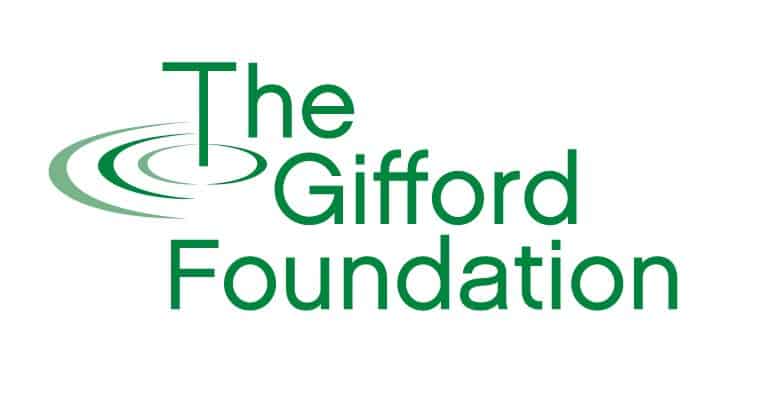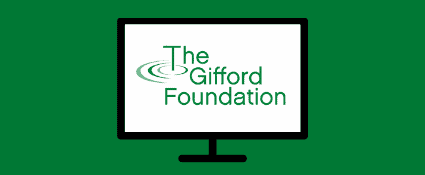Broadening Perspectives:
When will Black America be able to Breathe?
Published: June 9th, 2020
The United States of America is in the midst of a public health crisis, and Central New York is no exception. In the last few months, that crisis has been represented by COVID-19, a global pandemic that has taken the lives of over 100,000 people. The recent police killing of George Floyd reminded us that the pandemic does not stand alone: racism, white supremacy, ignorance, fear, and an inequitable justice system are also claiming innocent lives every day. As we rethink the ways in which we do business and the ways we interact with each other, we also need to take this opportunity to identify and dismantle the many oppressive systems that have had their knee on the neck of communities of color for generations.

Sheena Solomon is the Executive Director of the Gifford Foundation.
It’s not just police brutality, but educational disparities, redlining, mass incarceration, transportation and mobility access, and more that come together to damage the health of individuals and entire communities. When will Black America be able to breathe?
As unusual as these times are, I have come to realize that there is something deeply familiar about it all. These aren’t new challenges we’re facing. Central New York has been in crisis mode for a long time. We have many reasons to be dissatisfied and even furious about the status quo. The question is: what we do with that energy and awareness? I believe that the local protests following George Floyd’s death are a positive example of how we can come together to enact change, and I have faith that our elected officials will listen and work alongside our residents to move us forward. Our region’s familiarity with times of hardship and uncertainty makes us stronger, and I know that it will carry us forward more united and prepared than ever. We must use this moment to come together and address the needs of our community in a responsive and more equitable way.
If we are serious about addressing these public health problems, we are going to have to do more than just lay them at the feet of our local politicians. While our government can play a critical role in working to support local changes to policies and practices that marginalize communities, all of us are going to have be intentional when looking in the mirror and think hard about how our actions and resources can be leveraged for change. There is so much that needs to be done, and as we have seen in the past – social progress almost always comes from the bottom rather than from the top. I say this to encourage everyone reading this to consider how they can join in to help.
All of us at The Gifford Foundation are committed to helping our region begin to heal. Our foundation does not hide from difficult conversations. We are not perfect, but we are committed to working daily to check our own biases, evolve in our opinions, and listen to the community in order to best support its needs. We also recognize that philanthropy is a sector privileged by its ability to push for change and offer financial support. Our foundation is firmly committed to partnering with the community as we listen, learn and assist in taking action. With this in mind, we are excited to announce an updated What If Rapid Response program for 2020 aimed at providing easy funding access to small organizations, grassroots groups, and individuals. This year, both the application and review processes have been streamlined to make it easier to quickly give support where it is most needed. For example, deadlines have been removed and applications will be reviewed by Gifford staff instead of by the Resident Review Committee. We recognize that many of the most brilliant ideas often come from people who were already left behind before they even started. They have the perspective, but often lack the resources to create the changes they know are needed.
Our problems are systemic. They are engrained in the systems and structures that were created to oppress and marginalize people of color. It is absolutely necessary for all of us to work together to address racial, economic and health disparities in the communities we love and work hard to serve every day. We have a powerful opportunity to create a healthier and more equitable reality. I know I speak for all of us at Gifford when I say that we are eager and ready to meet people where they are, listen to their perspectives, and help fuel our region’s natural capacity to adapt and grow. We are so proud to serve you and to call this place our home.

Sheena Solomon, Executive Director


